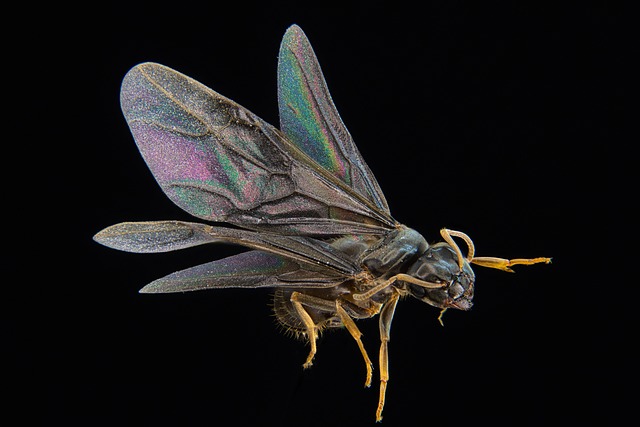Ant infestations are a common challenge for homes and businesses, with species like Carpenter Ants causing structural damage and Fire Ants known for their painful stings and aggressive behavior. Effective ant control begins with identifying signs, preventing entry points, maintaining cleanliness, and using natural deterrents. Professional pest control services offer tailored solutions, combining methods like insecticides, fumigation, and organic alternatives. Modern eco-friendly techniques include essential oils, beneficial insects, and sound disruption devices. While DIY methods may provide temporary relief, professional services are crucial for severe or persistent infestations, ensuring long-lasting results with safer chemicals.
Ant infestations can disrupt homes and businesses, causing stress and damage. Understanding ant behaviors and identifying subtle signs is crucial for effective management. This article guides you through various aspects of ant control, from recognizing common types and preventing their entry to exploring traditional and modern pest control methods. We’ll delve into DIY solutions, the importance of professional services, and when to take action, empowering you with knowledge to combat these pesky invaders.
Understanding Ant Infestations: Common Types and Behaviors
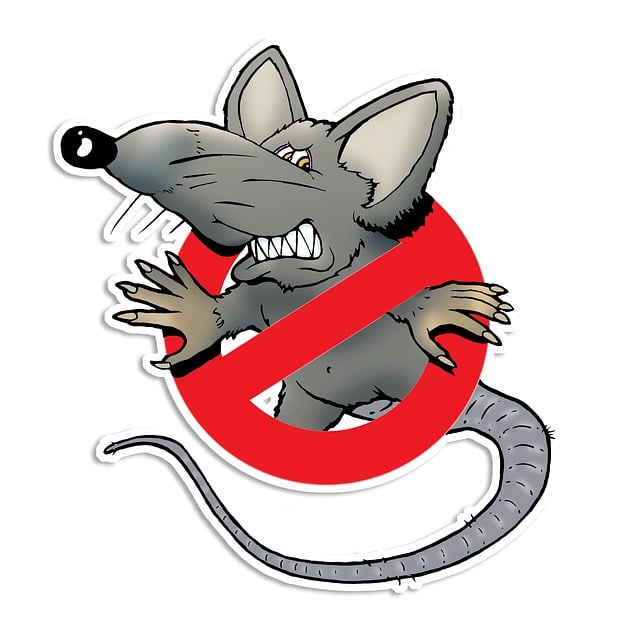
Ant infestations can be a common problem for both homes and businesses, with various species displaying distinct behaviors that contribute to their spread. Understanding these patterns is crucial for effective pest control for ants. One of the most prevalent ant types is the Carpenter Ant, known for nesting in wooden structures, often leading to structural damage if left unchecked. They are large, black, or brown, and tend to bore into wood, creating intricate tunnels.
Fire Ants, another common irritant, are aggressive and highly organized. They form massive colonies with queen ants that can live for years, producing thousands of workers. Fire ants are known for their painful stings and often build nests in open areas, yards, or near foundations. Their swift movement and ability to quickly invade new territories make them a significant concern for both residential and commercial spaces, necessitating professional pest control for ants solutions.
Identifying Signs of Ant Activity in Your Property
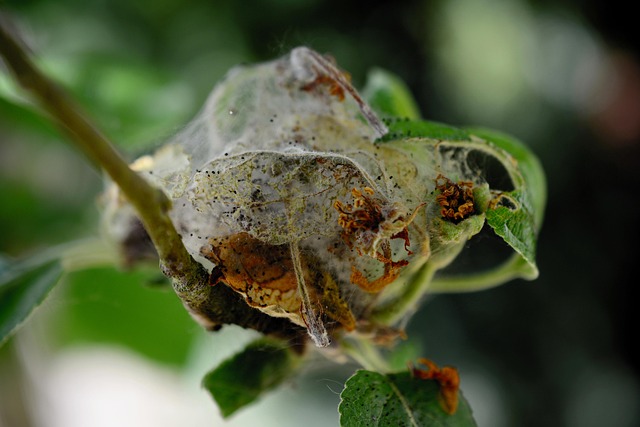
Ants are relentless invaders that can quickly turn into a significant pest control issue for homes and businesses alike. The first step in effective ant control is identifying signs of their presence. Look out for small, consistent trails leading from food sources to various points in your property, as ants leave pheromone trails to guide others. These trails often lead to hidden nests, which can be located inside walls, under floors, or even outdoors near foundations.
Another telltale sign is the sight of ants themselves. Worker ants are often visible scavenging for food, while winged ants may indicate a colony is establishing itself or has already done so. Ant nests can also be identified by small mounds or holes in soil around your property. Regular inspections and quick action upon spotting any of these signs can prevent ant infestations from becoming costly and time-consuming to manage. Turn to professional pest control for ants to ensure efficient and effective solutions tailored to your specific situation.
Prevention Strategies: Keeping Ants at Bay
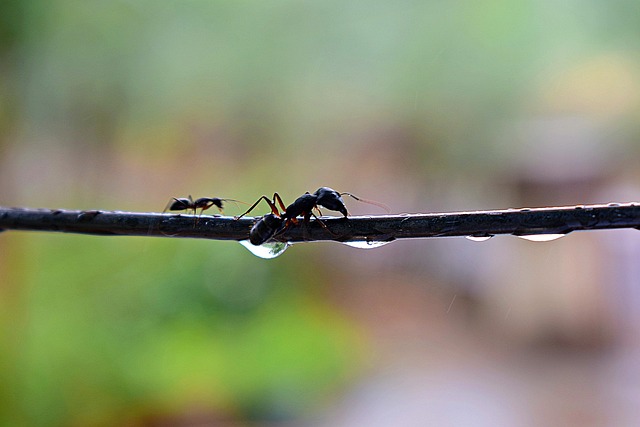
Ants are persistent intruders that can quickly take over your home or business if left unchecked. To avoid the hassle and expense of professional pest control for ants, consider implementing robust prevention strategies. Start by identifying potential entry points around your property—cracks in walls, gaps under doors, or broken screens—and seal them off with caulk or weatherstripping. Regular cleaning practices, especially wiping down surfaces and sweeping floors, remove ant trails and food sources that might attract them.
Maintaining a clean environment, especially in kitchens, is crucial. Store food in airtight containers, promptly clean spills, and regularly empty garbage bins to minimize the risk of attracting ants. Additionally, landscaping plays a significant role; keep trees and shrubs trimmed away from buildings and remove any decaying wood, as these attract ants. By combining these prevention measures, you can significantly deter ants from invading your space, reducing the need for costly pest control interventions.
Traditional Pest Control Methods for Ant Management
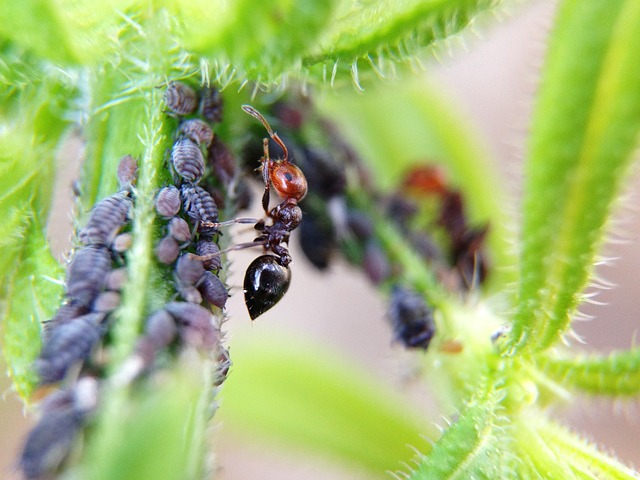
Ants can quickly turn into a persistent problem, infesting both homes and commercial spaces. Traditional pest control methods offer several options for effective ant management. One common approach is the use of insecticides, which come in various forms such as liquids, powders, or baits. These chemicals are designed to target ants directly, disrupting their pheromone trails and killing them or repelling them from treated areas.
Professional pest control services often employ a combination of these methods, ensuring a thorough and long-lasting solution. For instance, fumigation involves filling a space with gaseous pesticides, which can be highly effective for severe infestations. Alternatively, some prefer organic or natural pest control for ants, utilizing boric acid or essential oils as safer alternatives that still prove potent against ant colonies.
Modern, Eco-Friendly Alternatives to Ant Extermination
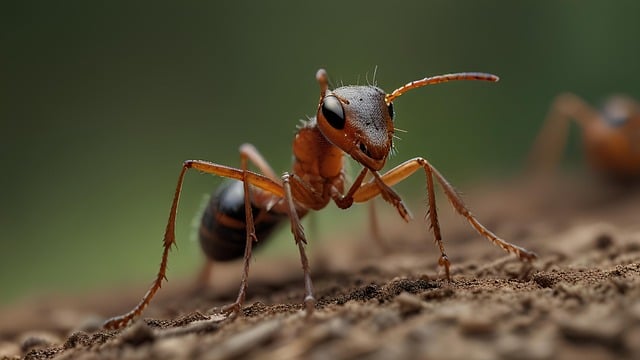
In today’s world, there’s a growing demand for effective yet environmentally friendly pest control for ants, especially in residential and commercial settings. Traditional ant extermination methods often rely on synthetic chemicals that can be harmful to both people and wildlife. As such, modern alternatives have emerged, offering safer and more sustainable solutions. One popular eco-friendly approach is the use of natural repellents like essential oils—such as peppermint, lemon, or eucalyptus—which ants find unappealing. These aromatic substances can be applied around entry points, windowsills, and doors to deter ant activity without causing any significant harm.
Another innovative method involves the introduction of beneficial insects, such as certain species of parasitoid wasps, which are natural predators of ants. This strategy not only controls ant populations but also promotes a balanced ecosystem within the surrounding environment. Additionally, modern technology has led to the development of specialized devices that emit specific sounds or vibrations that disrupt ants’ communication signals, leading to their disorientation and eventual departure from an area. These innovative eco-friendly techniques prove that effective pest control for ants can be achieved without compromising on safety or environmental sustainability.
DIY Ant Control Solutions and Their Effectiveness
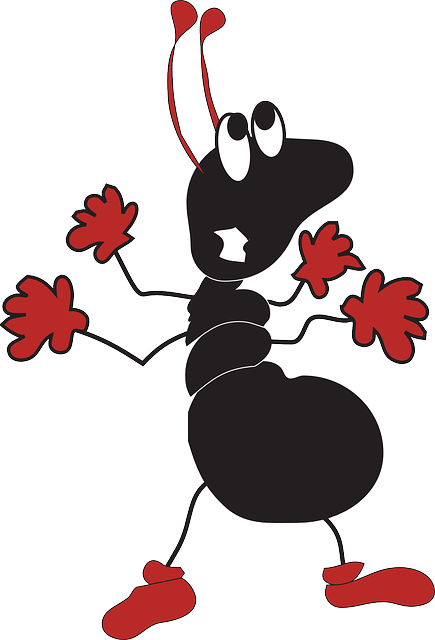
Many homeowners and business owners opt for DIY ant control solutions due to their cost-effectiveness and perceived safety. There are various methods available, from homemade remedies like baking soda and vinegar to commercial ant baits and traps. These solutions can be effective in managing minor ant infestations, as they disrupt the ants’ pheromone trails and encourage them to leave. However, for more severe or persistent ant problems, professional pest control services might be required.
While DIY methods offer a temporary fix, they may not address the root causes of an infestation. Professional pest controllers use advanced techniques and treatments tailored to specific species, ensuring long-lasting results. They also have access to stronger, more effective chemicals that are safe for humans and pets when applied correctly. This specialized knowledge and equipment make professional pest control a worthwhile investment for maintaining a ant-free environment in both residential and commercial spaces.
When to Call Professional Pest Control Services

If you’re dealing with an ant infestation, knowing when to call in professional pest control services is crucial. While DIY methods can offer temporary relief, persistent or severe ant problems require expert intervention. Look out for signs that indicate a need for professional assistance, such as extensive nesting sites inside your home, frequent ant sightings despite cleaning, and the presence of winged ants (indicating a potential queen ant).
Ants are highly adaptable and can quickly evolve resistance to over-the-counter treatments. Professional pest control services employ specialized equipment and knowledge to identify the specific ant species plaguing your space and implement targeted strategies. They also ensure that any treatment is safe for your family, pets, and the environment. Contact a reputable pest control company if you suspect an ant problem beyond your control, as they can provide effective and long-lasting solutions tailored to your unique situation.
